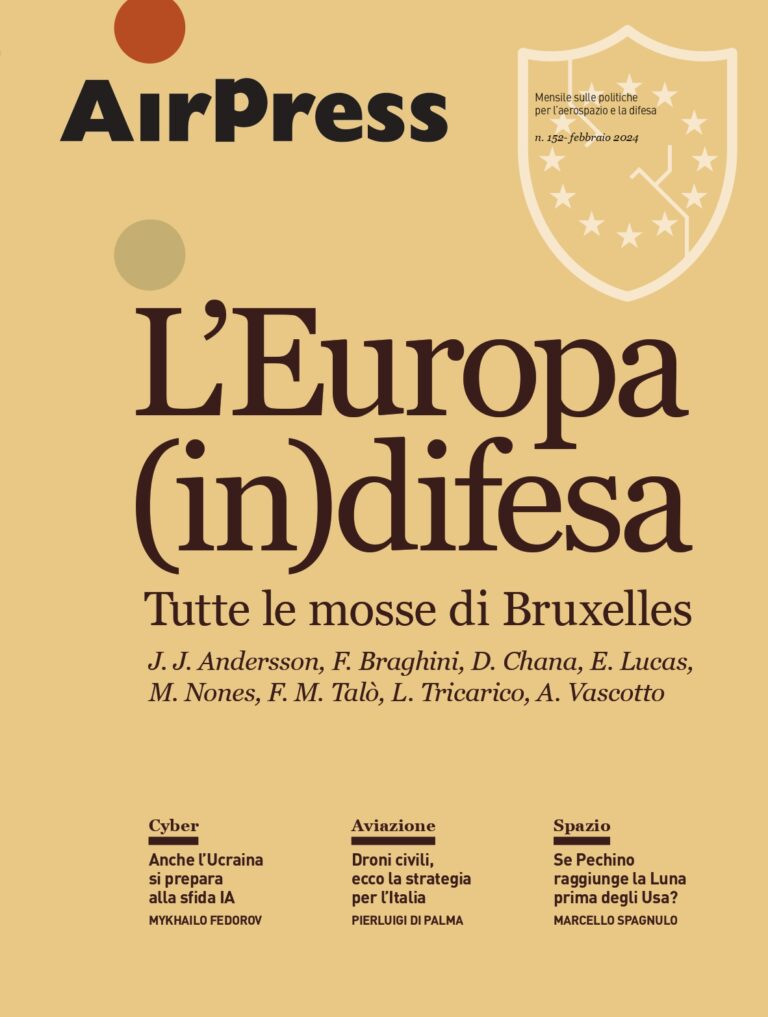Author Evgeny Morozov says in The Net Delusion: The Dark Side of Internet Freedom that social media can be great for spreading information and mobilizing people. However these tools are not able, by themselves, to transcend the ugliness of political life and simply fight dictatorships by managing a FaceBook profile or a Tweeter account.
What do you think about this statement?
Without any doubt social media have revolutionized the way we do communications but also politics. Social media channels are tools that allow the spread of information virtually instantly while things are happening; they are also an excellent tool for gathering information and making analysis. Of course there are different ways in which social media are used. In “coloured” revolutions social media such as Facebook and Twitter have been used to mobilize masses for action, becoming a symbol of messages’ amplifier. However it takes more than that to de-stabilize a country, although social media could be one of the contributing factors.
Regardless of the controversial debate about the role of social media in the Arab Springs. In general terms, did social media change the way of working of diplomacy in your opinion?
Social Media has become an element of digital diplomacy which can no longer be ignored and which should be considered within the communications marketing mix. Whereas more than a year ago social media was still seen as a ‘fad’ or something that would go away, by a large number of governments, they had to quickly adapt and embrace this new technology in their communications strategy. There are countless Heads of State and Governments and Ministers for instance who communicate very actively through social media. Today quite often messages are distributed through social media channels first and only afterwards through the regular media distribution channels. This applies also in the daily interaction that NATO as an organization has with media representatives.
NATO basically means military alliance for common people, even for those who come from NATO country members. Do you think that NATO should have a stronger communications policy in order to explain what NATO really is in the current global scenario?
Let me start by highlighting that NATO is more than a military Alliance, it is a political-military Alliance that operates through consensus amongst 28 sovereign member states and uses a range of instruments to guarantee the security of its Member States and deal with crises. The military means are used by NATO primarily for a reassurance and deterrence purpose and used only as a last resort for responding to conflicts. It is important to emphasize, also, that NATO does not operate in an insular fashion. On the contrary, NATO interacts with a large number of actors, including state actors and such international organizations as the United Nations, the European Union and the Organization for Security and Cooperation in Europe (OSCE) just to name a few.
Somehow, people think of NATO in the same way they think about their insurance. It is only when they need it that they start wondering if it will do what they had in mind, or worse that they discover that their premium was insufficient to cover them. Having said that it is true that we need to make a better effort in explaining what NATO is and what NATO is not, what it does today and what its underpinning principles and values are. Social Media is a great tool for NATO to raise awareness and to educate and inform audiences, but also to listen to them and engage with them.
President Putin stated that he wants build a Russian Internet infrastructure, in order to not depend from the American one. Do you think Russian Government is really working on that?
We have seen many statements in the press about the Russian Government planning to work on alternative electronic systems, such as credit cards, internet and satellite navigation. Such moves would require long-term research and investment that need proper consideration.






